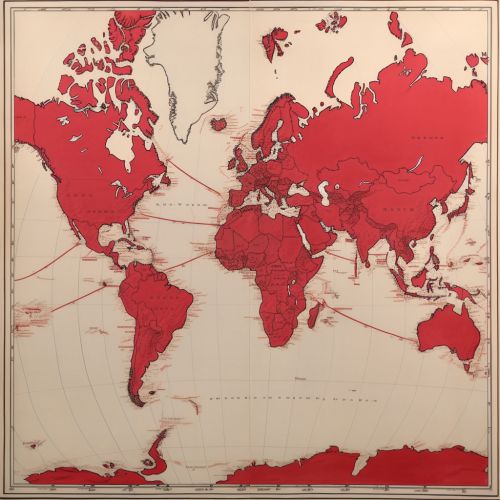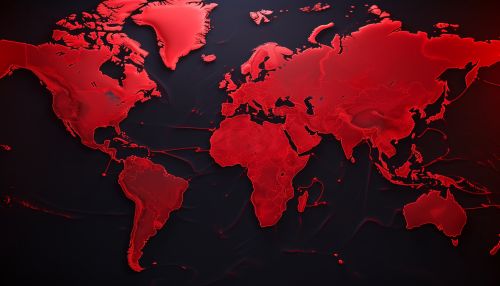British Empire
Origins of the British Empire
The British Empire originated in the late 16th and early 17th centuries with the overseas possessions and trading posts established by England between the late 16th and early 18th centuries. At its height, it was the largest empire in history and, for over a century, was the foremost global power. By 1913, the British Empire held sway over 412 million people, 23% of the world population at the time, and by 1920, it covered 35,500,000 km2 (13,700,000 sq mi), 24% of the Earth's total land area. As a result, its political, legal, linguistic and cultural legacy is widespread.


Expansion and Consolidation
The British Empire expanded to include India, large parts of Africa and many other territories throughout the world. Alongside the formal control that Britain exerted over its own colonies, its dominance of much of world trade meant that it effectively controlled the economies of many regions, such as Asia and Latin America. During the 19th century, Britain's population increased at a dramatic rate, accompanied by rapid urbanisation, which caused significant social and economic stresses. To seek new markets and sources of raw materials, the British government initiated a policy of mercantilism, creating monopolies for certain industries in the colonies.
Governance and Administration
The governance of the British Empire varied greatly, from the relatively autonomous self-governing colonies, to the Crown colony structure used in some territories. The colonial administration in London, headed by the Secretary of State for the Colonies, was responsible for all strategic decisions concerning the empire. The British Parliament had the power to pass laws governing the colonies, and the British government had the power to veto any laws passed by colonial legislatures.
Impact of the Empire
The impact of the British Empire is a contentious issue. Many in Britain and the colonies viewed the empire as a force for good, while others viewed it as a form of exploitation and oppression. The empire had a significant impact on the cultures of its colonies, many of which still have strong ties to Britain. The spread of the English language, British cultural norms and institutions, and the legal and administrative systems of many countries are all legacies of the empire.
Decolonisation and Legacy
The process of decolonisation began with the granting of independence to India and Pakistan in 1947, followed by a wave of decolonisation in Africa and the Caribbean in the 1960s. The last significant British colony, Hong Kong, was returned to China in 1997. The legacy of the British Empire endures to this day, with the Commonwealth of Nations being one of its most visible remnants.
